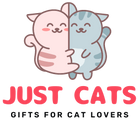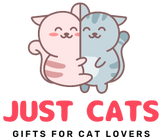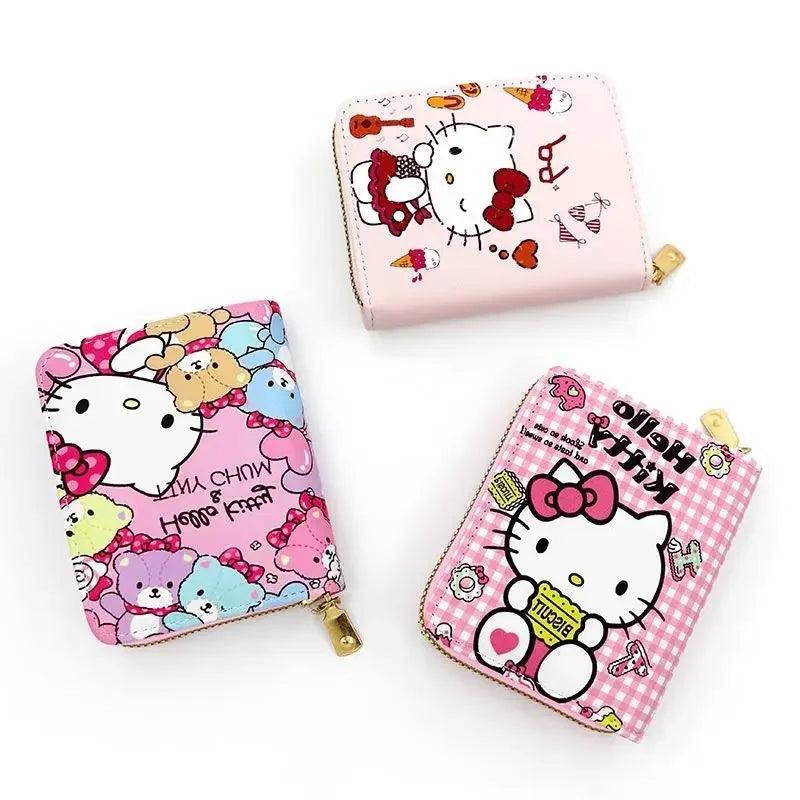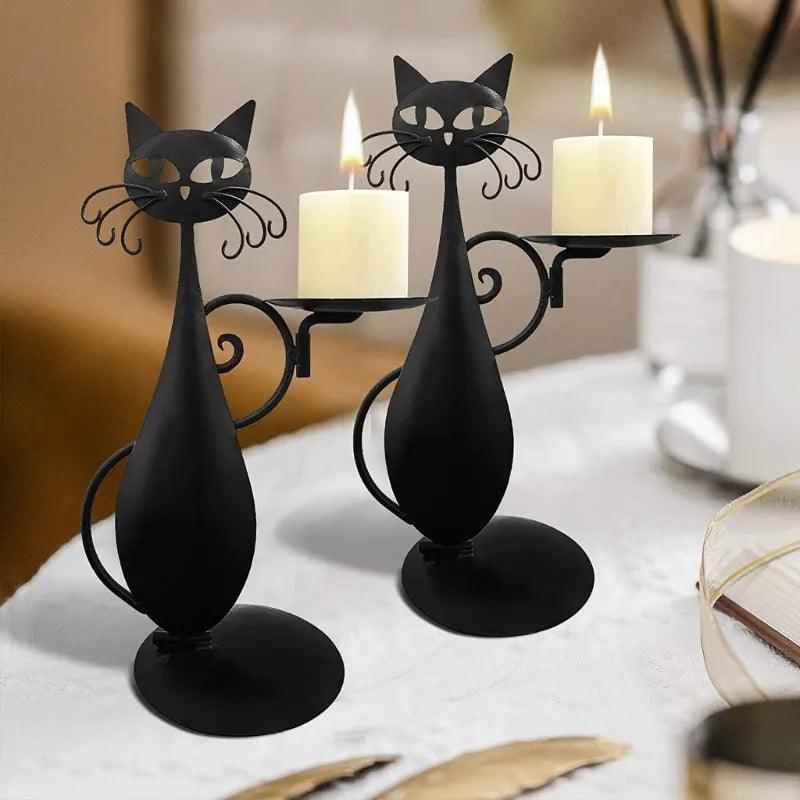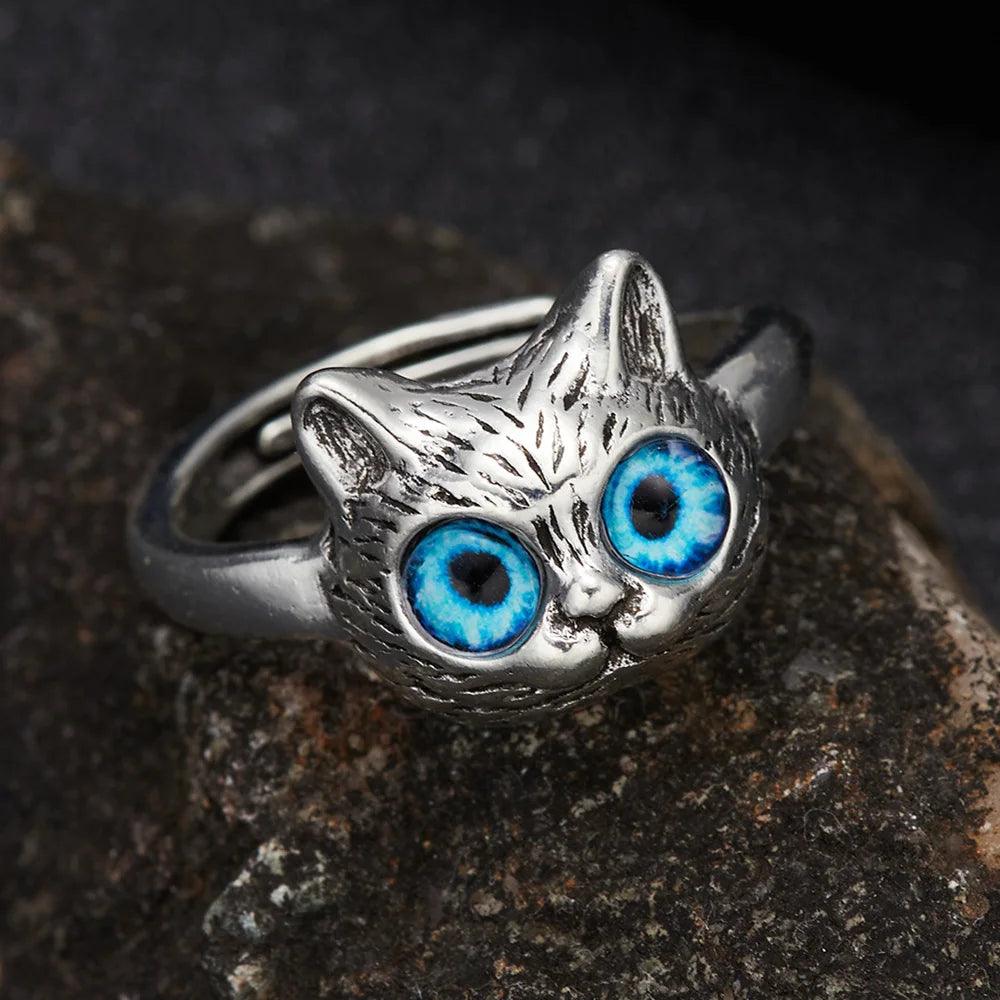There is a common belief that cats, known for their selective eating habits, inherently understand what is best for them and would never consume anything harmful. However, this is false and a misconception can be dangerous for cats. Similar to other animals, particularly those in human households, they may be tempted to sample foods that pose a risk to them, though safe for humans. Here are some foods that are dangerous for cats.
Caffeine: Found in coffee, tea, and some sodas. It can cause restlessness, rapid breathing, and increased heart rate in cats.
Chocolate: Contains theobromine, which can affect a cat's heart and nervous system, similar to caffeine.
Onions, Garlic, and chives: Contain compounds that can damage a cat's red blood cells, leading to anemia.
Alcohol: Even a small amount can cause serious health issues for cats, affecting their liver and brain.
Grapes and Raisins: Can lead to kidney failure in cats, and the exact reason for this toxicity is still unknown.
Dairy Products: Many adult cats are lactose intolerant, and consuming milk can lead to digestive upset.
Raw Fish and Meat: May contain parasites or bacteria that can harm cats.
Bones: Cooked bones can splinter and cause intestinal blockages or tears in a cat's digestive tract.
Avocado: Contains a substance called persin, which is toxic to cats and can cause breathing difficulties and fluid accumulation around the heart.
Xylitol: An artificial sweetener often found in sugar-free gum and candies. Ingesting it can lead to insulin release, resulting in hypoglycemia (low blood sugar), seizures, and liver failure.
Moldy Foods: Mycotoxins produced by molds on spoiled food can be harmful to cats and cause a range of health issues.
Tuna in excess: While a small amount of canned tuna is generally safe, excessive consumption can lead to malnutrition because it lacks essential nutrients, like taurine, that cats need.
Dog Food: An occasional nibble from the dog's food bowl is fine, but cats have different nutritional requirements than dogs. Eating dog food regularly instead of cat food can lead to nutritional deficiencies.
It's essential for cat owners to be aware of these dangerous foods and to keep them out of reach. If you suspect your cat has ingested something toxic, contact your veterinarian immediately. The provided list does not cover all items, so if you have doubts about the safety of a specific food your cat has ingested, consult with a professional. Regular veterinary check-ups and a balanced, cat-appropriate diet are also key components of ensuring your feline friend's health and well-being.
All the above guidelines are also appropriate for dogs.
Show your love for cats by shopping for the best cat-inspired merchandise online while helping cats in need. Just Cats - Gifts for Cat Lovers, gives 30% of proceeds to organizations that help cats
